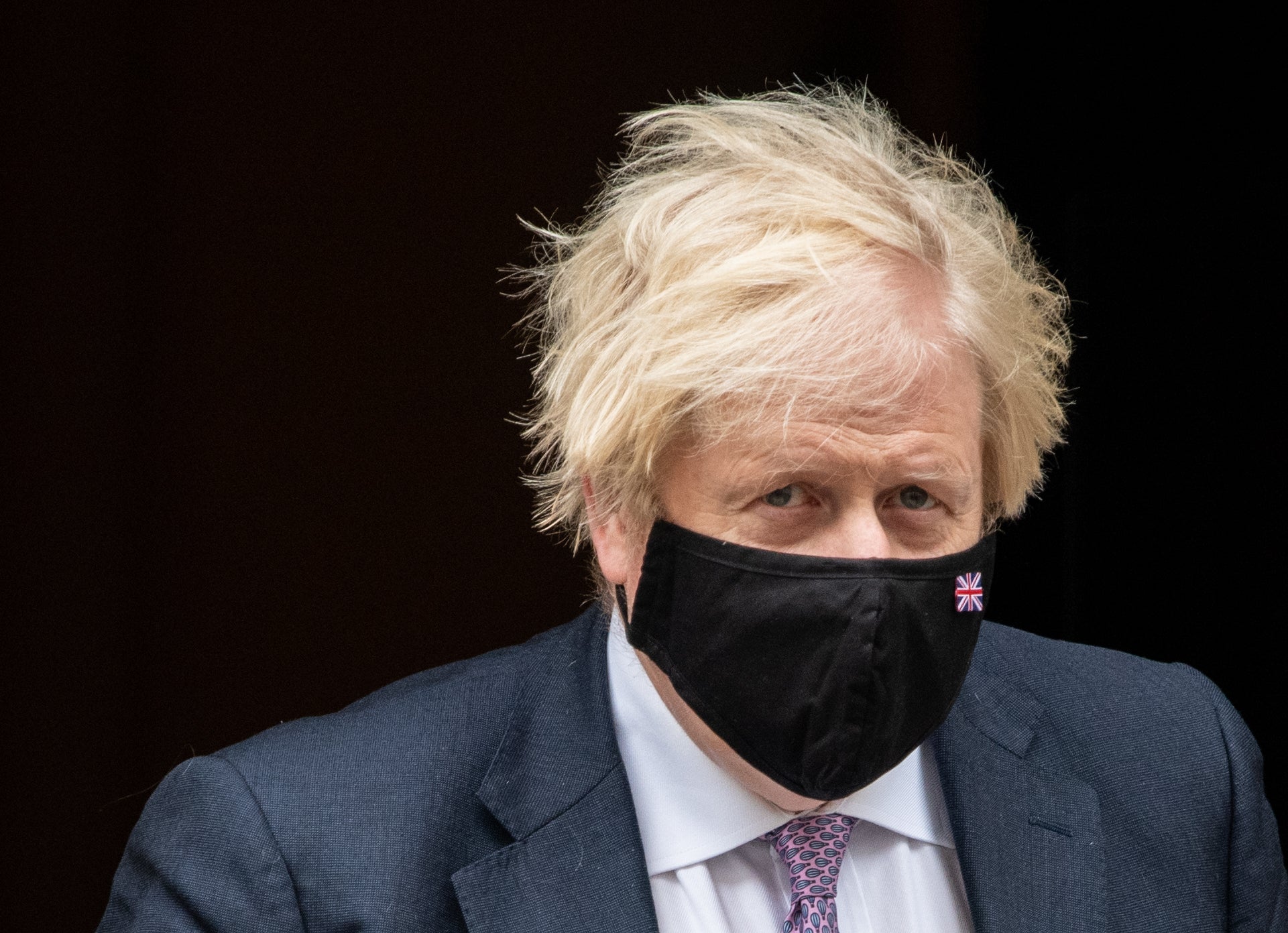Boris Johnson seems charmed – or, to put it another way, as slippery as a greased hog
The prime minster has discovered, probably long ago, that he can get away with not answering questions he doesn’t like. But how, asks Sean O’Grady, does he do it?


Even when read and reread, the verdict of Kathryn Stone, the parliamentary commissioner for standards, on Boris Johnson’s freebie holiday is hard to understand, in any sense: “The commissioner did not conclude that Mr Johnson’s register entry was inaccurate since, as she notes, she was unable to conclude what Mr Johnson’s register entry should have contained.”
It’s an Alice in Wonderland sort of world when a prime minister can get away with breaking parliamentary rules because the authorities have neither the power, nor, perhaps, the inclination, to get him to tell the whole truth. And so, on a day when all eyes are on a rather significant football match coming up on Sunday, Johnson slips away, criticised but basically unscathed, from yet another scandal.
He seems charmed, or – to put it another way – as slippery as a greased hog. He survived the resignation of his own adviser on ministerial standards, Sir Alex Allan, when he ignored a report on Priti Patel’s bullying ways. His new adviser, Lord Geidt, told him off in only the most restrained fashion for his reluctance to reveal who paid for the refurbishment of his Downing Street flat. The Commons standards committee has twice before reprimanded him, in the space of four months, for “an over-casual attitude towards obeying the rules of the house”. Various other No 10 advisers have also quit, albeit usually over more policy-oriented differences. The prime minister has been publicly attacked, indeed mocked, by his own former senior adviser Dominic Cummings, for the way he runs the government. Unattributed briefings in the media suggest that Cummings is not alone. How does the prime minister get away with it?
The context is one of a premier not long since elected with a majority of 80+, and still maintaining a healthy lead in the opinion polls, who claims, with some justification, that the public seem unbothered about the “Westminster bubble” and “stories about wallpaper”. Alternatively, the public may have such a low opinion of the political classes that they fully expect those in power to look after themselves, game the system, enjoy the perks, and generally bend or break the rules. With such low expectations, and the assumption that the other parties would do the same if they could, there’s ironically little downside in misbehaviour. The MPs’ expenses scandals and countless other episodes have done much to erode what little respect and trust politicians might once have enjoyed. The rise of broadly populist anti-establishment movements – from UKIP to Momentum, the SNP and the Greens – suggests that to be the case.
Even so, there seems to be some evidence – such as the Batley by-election – that the “different rule for them” attacks may be starting to cut through, but not to the extent that many Tory MPs are looking nervously at their majorities. Prime ministers, in other words, have plenty of power anyway, and if they are in a strong political position and the opposition is in disarray, they tend to get way with things.
Second, the prime minister has a great gift for obfuscation and, failing that, simply closing down discussion by refusing to talk any further – the classic “considers the matter closed” line. In his testimony to the Commons Liaison Committee this week, for example, he was at his stubborn best/worst, repeating formulaic answers about the sacking of Matt Hancock to Chris Bryant, until he told Bryant that he had nothing to add. The prime minster has discovered, probably long ago, that he can get away with not answering questions he doesn’t like; and it has become a habit.
Third, it is difficult to avoid the conclusion that this premier does believe he is entitled to live by different rules, and takes full advantage of being judge and jury of his own behaviour. He is the only person in government not answerable to somebody else – except, that is, for his formal duty to the Queen, and he’s shown little respect for her either. Maybe it is his upbringing, the self-confidence born of an Eton education, or some psychological or genetic flaw; but something has created a man who gets away with stuff mainly because he thinks he can. He has a supernatural power to generate self-fulfilling prophecies: a rare and valuable gift in a politician on the make. But can it last?

Join our commenting forum
Join thought-provoking conversations, follow other Independent readers and see their replies
Comments